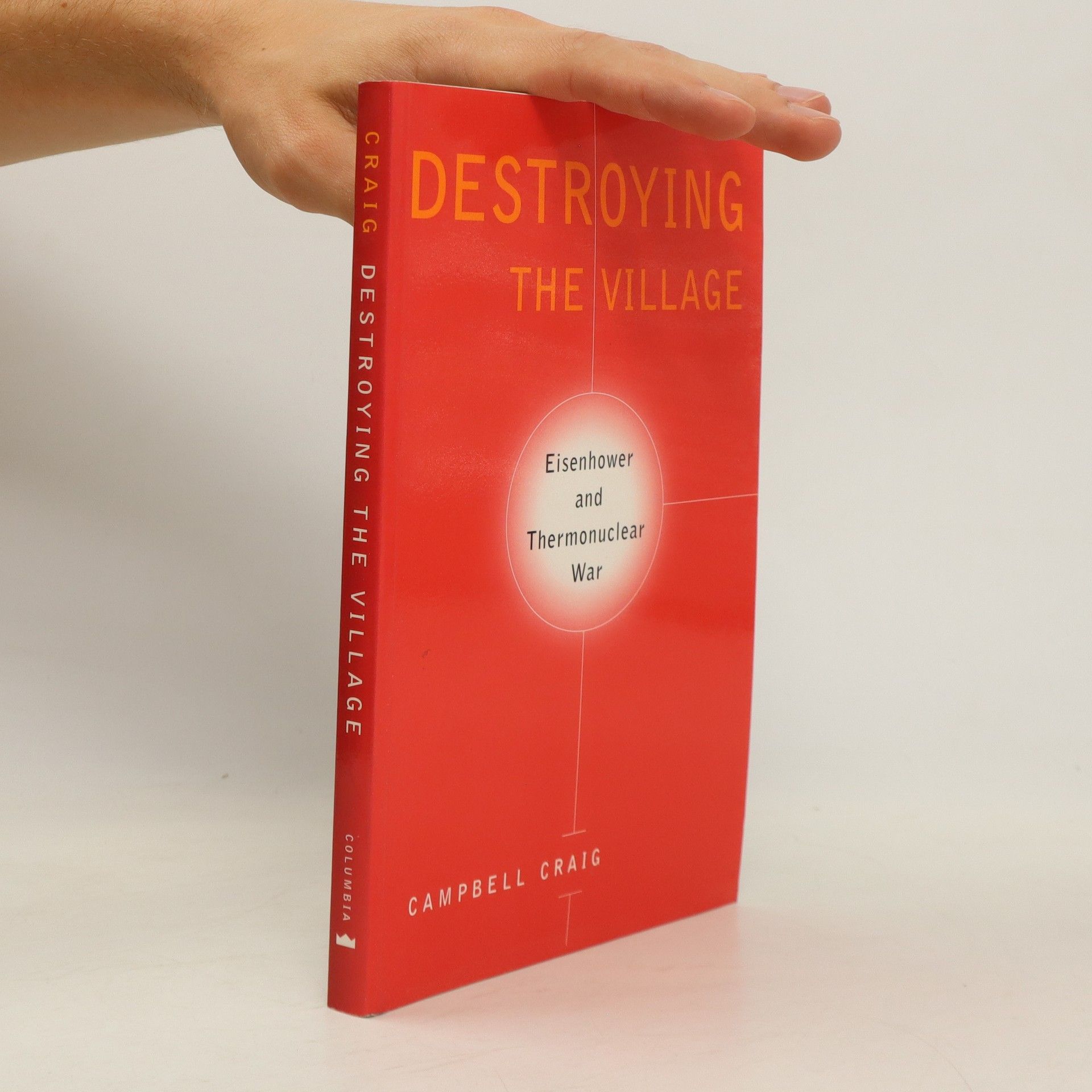This book moves beyond the focus on economic considerations that was central to the work of New Left historians, examining the many other forces-domestic politics, bureaucratic inertia, quirks of personality, and perceptions of Soviet intentions-that influenced key decision makers in Washington. schovat popis
Columbia Studies in Contemporary American History Series
This series delves into the intricate events and profound societal shifts that have shaped modern America. Each volume offers a meticulously researched examination of pivotal eras, political struggles, and cultural revolutions. It provides readers with a comprehensive understanding of American life and its continuous evolution in the recent past. This is essential reading for those interested in politics, sociology, and the American identity.


Recommended Reading Order
In the early days of the Cold War, thermonuclear conflict was everywhere an imminent threat. With the realization that mutual destruction was the likely result of a nuclear war, US policy makers were forced to articulate a coherent stance on what they would do if the United States went to war with the USSR. The paradox of defeat or mutual annihilation was one that plagued American policy makers and scholars, whatever their stated position.